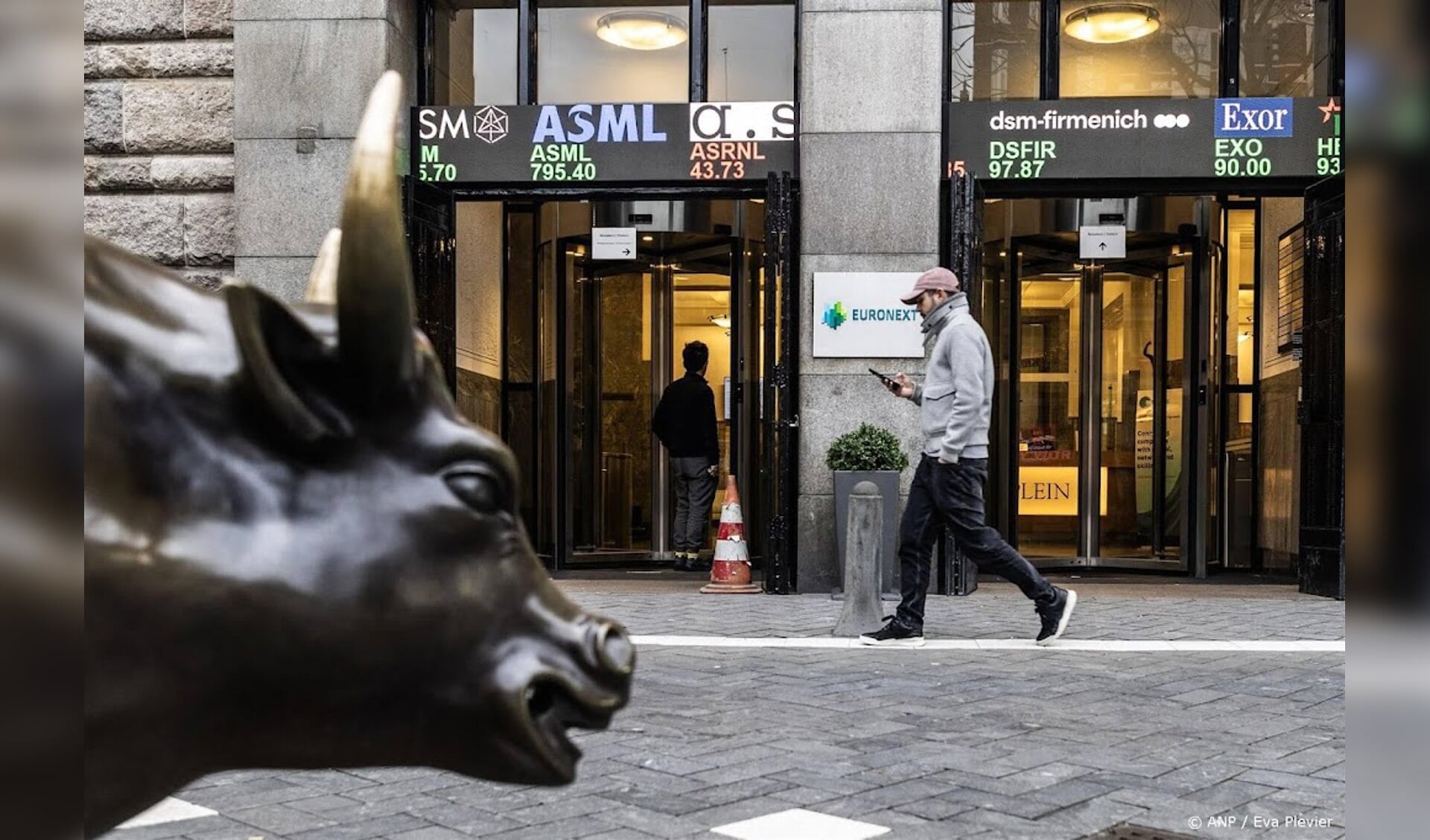
Asian stock markets mostly fell. Tokyo’s Nikkei ended the week down 0.1 percent. In Japan, inflation rose to 2.5 percent in May due to rising energy prices. The inflation rate remained above the Bank of Japan’s 2 percent target for the 26th month and fueled speculation of a further interest rate hike by the central bank to address price increases. The Hong Kong stock market fell 1.5 percent, partly due to price losses among Chinese technology companies. Shanghai’s main index fell 0.1 percent.
Seoul’s Kospi lost 0.8 percent after rising tensions with neighboring North Korea. For example, the South Korean military fired warning shots after North Korean soldiers crossed the border. The incident took place in the demilitarized zone (DMZ), the border between the two countries. Furthermore, during his visit to North Korea, Russian President Vladimir Putin did not rule out Russia sending weapons to North Korea. At the same time, he warned South Korea that it would make a “big mistake” if it decided to supply weapons to Ukraine.
The euro and oil rates
On Wall Street, the Dow Jones index closed up 0.8 percent, up to 39,134.76 points. The broad S&P 500 fell 0.3 percent and the tech-heavy Nasdaq lost 0.8 percent. Artificial intelligence chip company Nvidia had to give up its position as the world’s most valuable stock company to Microsoft after a 3.5 percent share price loss.
The euro was worth $1.0715, down from $1.0706 the previous day. A barrel of US oil costs a fraction less: $81.26. Brent crude fell 0.1 percent to $85.65 a barrel.

.jpg?w=150&resize=150,150&ssl=1)



